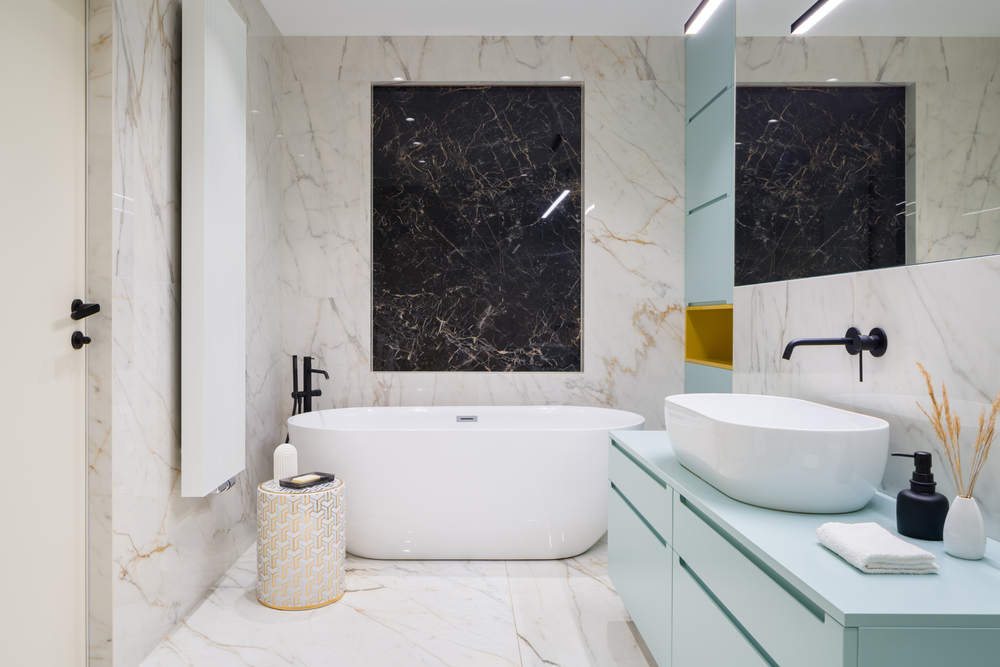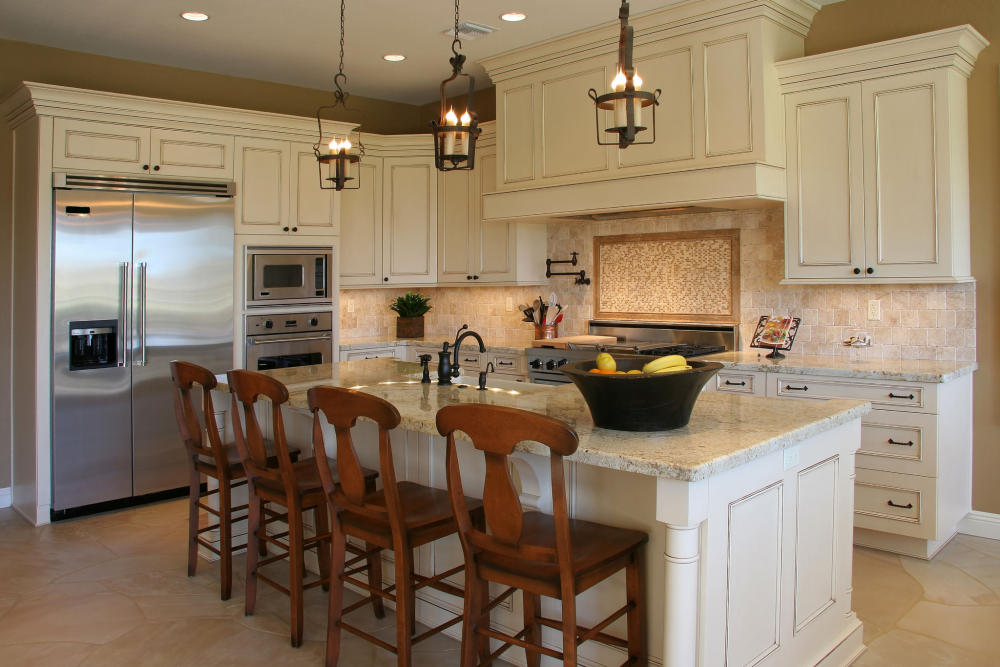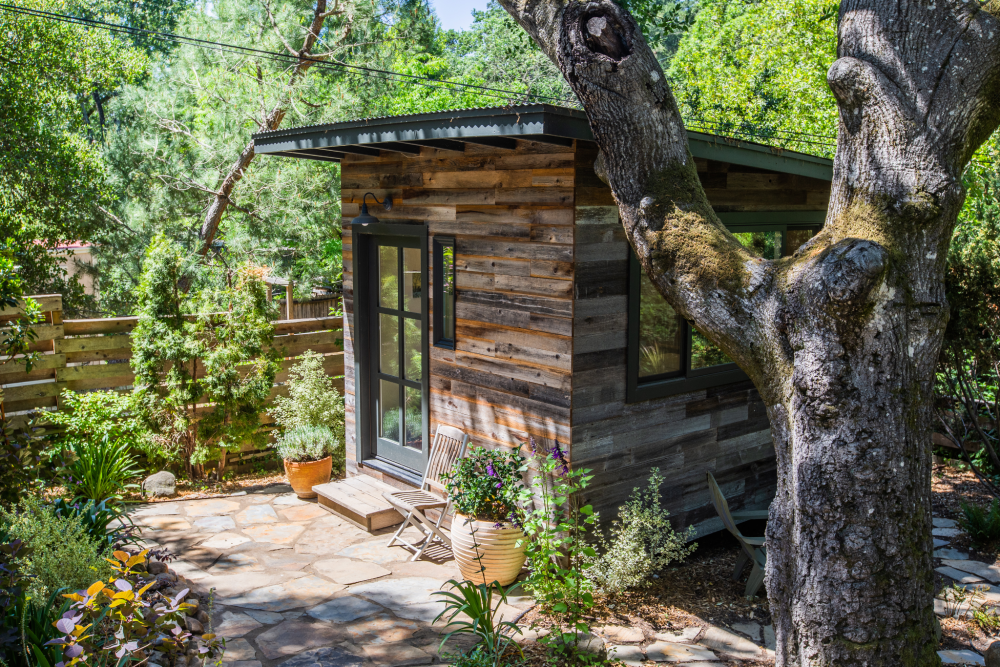blog
Things You Should Think About Before Building A Home Addition
Looking to build a home addition, but don’t know where to start? Here are 9 things you should think about before building a home addition.
Do some Research on Your Specific Property
The first thing on the list will be to visit local planning and building departments at your city planning office to find out about your local zoning ordinances and building codes. This information will let you know requirements, restrictions and if you can build out your home any further.
Can You Build It?
It’s not uncommon to come up with the idea that might not harmonize within the streetscape of your neighborhood and might not structurally be feasible. Be sure that your approach is practical, and that you are thinking rationally, that’s always going to help. A vital part of the process is coming up with an idea and then figuring out how much it is going to cost.
The Price
How much is it going to cost? This is going to be challenging to figure out without spending some money and doing some research. We are not saying you can’t figure it out without spending any money. To get closer to reality, you’re probably going to have to obtain a set of building plans. Calling a few contractors is a good place to start. Explain that you’re trying to figure out what you want to build, what it’s going to cost, and ask for help. Most of them would be willing to help you because they are hoping to get your business and will refer you to an architect and engineer. An architect can design what you want to accomplish. An engineer will work on the technical and structural aspects of the design.
Is it within Your Budget?
This is probably the most important aspect of your project. Once you have your architectural and/or engineering plans, your contractor can give you an estimate on the labor. Are you going to pay cash? Are you’re going to finance it? What kind of monthly payments can you afford? If you don’t have enough money for the project, you can always think about cutting costs by downsizing or maybe consider alternative products through the process; windows, doors, flooring, things of that nature.
Avoid bartering if you can as you want to make sure things are done right. The main thing we’d like to point out here would be the monthly payment. If you’re building a room addition with a budget of $100,000, put aside some of those funds as a cushion. After you have started the project, there may be unforeseen circumstances that call for changes to be addressed. Your goal is to create an affordable project, not a project that you’re going to regret while you send in the monthly payments year after year.
Get the Right People for the Job
Should you hire a contractor or do it yourself? Hiring your friends or family might not work out. We’ve seen a lot of problems with that in the past. If you don’t hire a contractor and you’ve never done something like this, or you’re going to rely on YouTube videos, things probably aren’t going to go as smooth as you think. So should you hire a contractor? We would suggest yes, for a home addition. Further, a general contractor is going to carry the necessary liability and worker’s comp insurance to ensure everybody is protected, including you as the customer. Also you should always check the contractor’s state license board (CSLB) to make sure their license is in good standing.
Should You Move Out While Building the Addition?
It is common for construction to produce excessive amounts of dust, and depending upon the situation, what you are going to be dealing with could be difficult. We do keep a clean workspace and follow proper containment and disposal protocol regardless if homeowners are going to be staying in the house during construction. Most of the time, homeowners should not have to temporarily move out, however, temporarily moving out would be an added cost to factor into your budget and you should also consider reasonable delays.
Your Project Timeline
Contractors should always be up front in explaining that schedules are subject to change when they provide a project timeline, but they should strive to stay within it as much as possible. Reasonable delays can be caused by product availability, a change order to your project and can also be affected by the weather. It is important for your contractor to come up with a realistic project timeline so that you can make necessary plans for your household, whether staying at your home during the renovation, or temporarily living elsewhere. Your contractor should always keep you updated on any changes or unforeseen circumstances that may extend your project’s timeline.
Project Changes
Change orders. Best practice is to be sure your scope of work reflects everything you want for your project, before work starts. Keep in mind that once work begins, your contractor may run into unforeseen items that will need to be addressed. This can be piping found behind a wall that needs to be moved, or electrical wiring that was not seen until demo that needs to be brought up to code. It is best to have a cushion in your budget just in case something comes up. Once the project begins, understand that anything you want to change or add is going to be an additional expense to your project and will also most likely change the timeline.
Get Your Monies Worth
Will you get your money’s worth? Think about the benefits of making an addition to determine if it is the right choice for you. If this is your forever home or a house to raise your family in for a long time, the benefits for the household will outweigh the cost over time. If you know you will be selling in the future, room additions, new bathrooms, room extensions and 2nd story additions when done properly, all add property value.
We hope this blog helped you in choosing the right contractor and method for your particular project!




